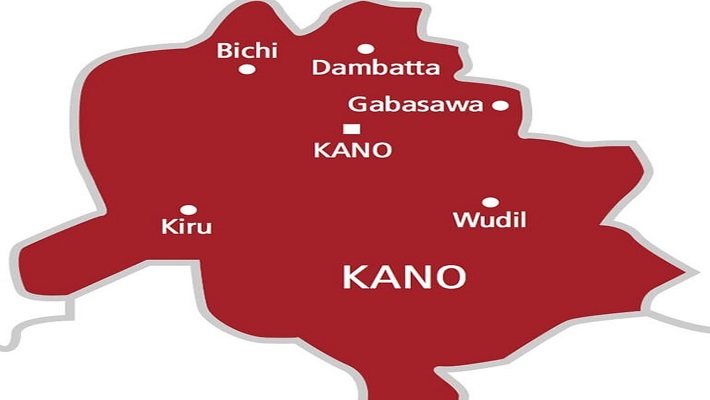Abdulmalik Muhammad Tanko and Hashimu Isyaku, the convicted killers in the case of five-year-old Hanifa Abubakar, have filed an appeal against their death sentences at the Court of Appeal in Kano. The two were sentenced to death by hanging on July 28, 2022, after a trial led by Justice Usman Mallam Na’abba at the Kano State High Court. Both men were found guilty of kidnapping Hanifa from the Sheikh Dahiru Bauchi Islamic Foundation, subsequently murdering her, and burying her in a shallow grave on the premises of Northwest Preparatory School in Kwanar Yan Ghana, within the Nassarawa Local Government Area of Kano.
In their appeal, the convicts, represented by their counsel Barrister Anthony Ezenwoko, raised two grounds, arguing that the trial court’s decision was both unreasonable and unsupported by the evidence presented during the trial. They contended that the prosecution had not met the required legal standard to prove their guilt beyond a reasonable doubt, suggesting that there were significant gaps or inconsistencies in the evidence that should have influenced the outcome of their trial. The allegations raised point to a potential miscarriage of justice, which the appellants hope the Court of Appeal will remedy.
The appeal process has moved forward with the intervention of a three-member panel of justices, including Justice B.M. Ugo, Justice U.A. Musale, and Justice A.O. Adeniyi. On August 12, 2024, the appellants’ counsel formally applied for an extension of time to file the appeal, based on the need for additional time to adequately challenge the earlier judgment of the Kano State High Court in Case No K/30e/2022. The counsel representing the Kano State Government did not raise objections to this request, indicating a degree of procedural cooperation.
Justice Ugo agreed to the request, providing the appellants with a window of 14 days to submit their notice of appeal regarding the death sentences issued by the High Court. The ruling to grant the extension aligns with provisions of the Court of Appeal Act, which permits the granting of extensions in specific circumstances. This shows that the legal framework allows for a thorough examination of cases, especially those involving severe penalties like the death sentence, to ensure justice is served.
The case of Hanifa Abubakar has drawn significant public attention and outrage due to the tragic circumstances surrounding her abduction and murder. As such, the legal proceedings continue to hold considerable weight in the eyes of the public, who are keenly observant of how justice is administered in this sensitive matter. The outcome of the appeal will not only affect the lives of the convicts but will also resonate within the community and beyond, impacting perceptions of safety, legal justice, and societal values relating to crime and punishment.
As the legal battle unfolds, it underscores the larger legal landscape within Nigeria, particularly concerning the implications of the death penalty and the rights of individuals within the judiciary system. The case serves as a reminder of the responsibilities held by courts to uphold justice while also ensuring that all legal avenues for appeal and due process are respected. It raises critical discussions on how the judicial system navigates complex and often emotionally charged cases of violent crime against vulnerable individuals, particularly children.














